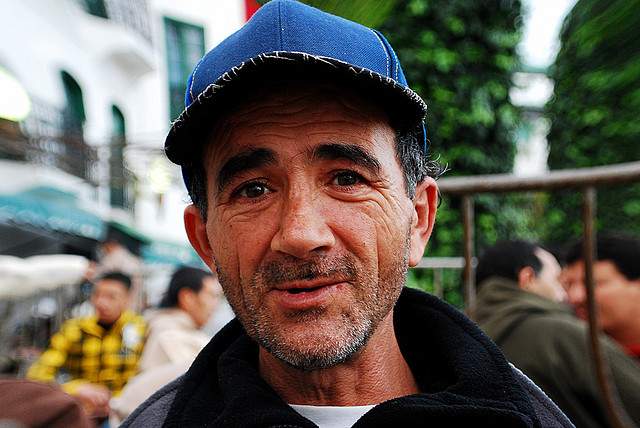BootsnAll, in association with Global Basecamps is proud to present Green Week. A week long tribute to sustainable travel, social responsibility and ecotourism. Global Basecamps is a specialty travel company that helps independent travelers research and book locally owned boutique hotels, off-the-beaten path lodges and multi-day excursions all over the world. Whether hiking the Inca Trail, experiencing a traditional Japanese Ryokan, or relaxing on the beaches of Thailand, Global Basecamps specializes in designing completely customized itineraries to meet each travelers specific priorities and match their travel style.
For travelers concerned about supporting sustainable tourism and creating a positive relationship between locals and tourists, here are 6 easy ways to directly benefit your destination while on the road.
1. Take supplies with you

Many well-meaning travelers have crammed their day packs full of pens or sweets to hand out to local children on their travels, but while these efforts are often eagerly received, they can sadly also encourage begging and create an unbridgeable divide between tourists and locals. Thankfully, there’s a better way to put that extra baggage space to use, and help communities around the world get some of the much-needed supplies that are cheaply available in western countries. Initiatives like Pack for a Purpose and Stuff your Rucksack list needed items in locations around the world and allow a contact system for travelers to deliver items to schools or businesses in areas that they pass on their travels. Best of all is that they list exactly what they need, so you’ll be secure in the knowledge that your time and effort is going to make a difference.
2. Let the locals guide you
Using local guides makes a lot of sense – not only will you be supporting local tourism efforts – an important part of sustainable travel – but you’ll get a guide who knows the inside scoop on your destination and will likely cost a lot less than the out of town guides shipped in with tour companies. Even if you book your trip with an international tour operator, you can still look around for ones that hire local guides, or if you find yourself in a small village, why not ask your guesthouse owner if they can sort you out with a local guide – they’ll often be able to find someone suitable and while they might not have the knowledge of a formal guide, they’ll be able to provide great insight on the local area and culture. For trekkers, The Kilimanjaro Porters Assistance Project and Porters of the Inca Trail both help monitor the fair pay and working conditions of local porters on their trails, so make sure you book with one of their approved tour companies.
3. Celebrate their unique culture
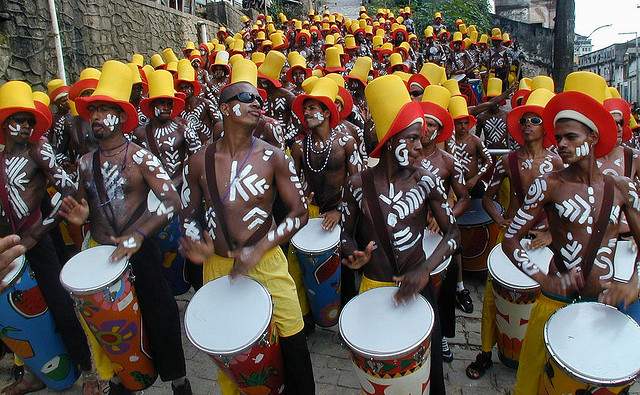
Time your visit to coincide with annual festivals or cultural ceremonies and you’ll not only be able to add a unique experience to your travel resume, but you’ll be supporting the local economy in the process. Whether it’s a local fete or a gigantic regional festival, these events help to preserve local traditions and more importantly, they bring much-needed revenue to the area, drawing in local and foreign visitors and promoting local foods, handicrafts, or arts. Not only that, but they can be a great place to pick up traditional souvenirs and handmade items that will make great talking points with friends and family back home.
4. Use local services
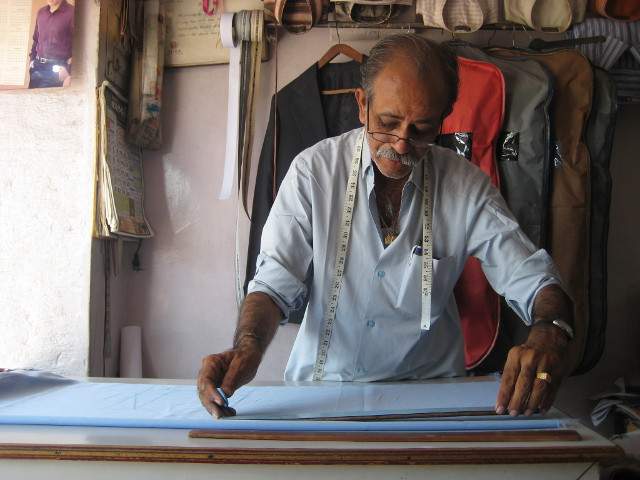
One of the easiest ways to support a sustainable and eco-friendly lifestyle is to “buy local,” and never is this more important than when you’re traveling. Choosing to use local businesses and purchasing locally sourced products wherever possible puts your money right in the hands of those who need (and deserve) it most, as well as encouraging local entrepreneurs to take advantage of the tourism industry in a positive way. Staying at locally-owned and staffed guesthouses, eating at popular local haunts, and shuffling around the local markets are all great ways to make sure your money is flowing into the local economy. It’s not just the necessities, either. How about getting a haircut at the local barber? Having the street shoe-shiner polish your boots? Taking that torn shirt to the local tailors to be sewn up? Most of these services will cost a fraction of the price they would back home (or in your hotel for that matter), and you’ll be directly supporting local businesses and getting a great insight into local life.
5. Think about when and where you visit
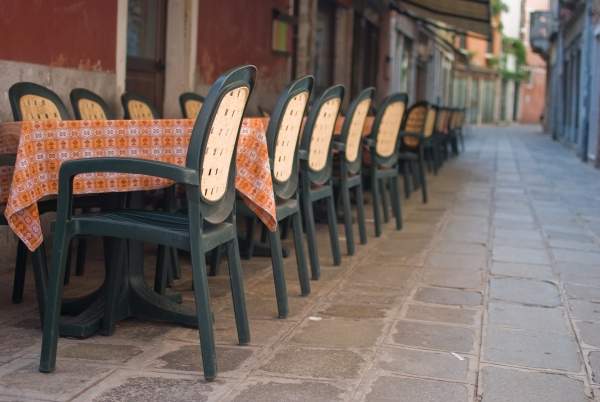
This might seem like a simple point, but when planning your trip, think carefully about where and when your money will be most useful to locals. Visiting popular tourist hubs in the off-season not only saves you money (everything from hotels to tours will be discounted come the quiet months) and allows you to enjoy the destination sans the tourist masses, but it provides valuable income for those who rely on tourism to make ends meet. Think about the places you visit, too – tagging a few little visited destinations onto your journey, or heading out of the city to spend a night in a rural village, spreads your holiday funds a lot further, and your tourist dollars will be far more appreciated the further you get off the beaten track.
6. Don’t get too caught up in haggling
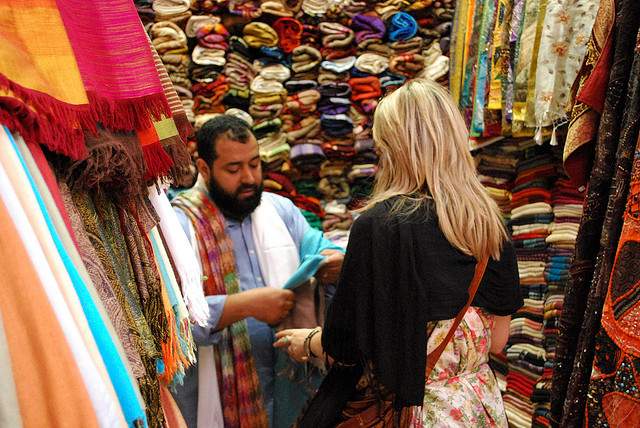
Bargaining is very much a part of the culture in many places, and joining in the expressive haggling can be an entertaining way to endear yourself to the local market sellers, but know when to draw the line. While paying over the odds for items can serve to drive prices higher and encourage sellers to overcharge, you should also accept that, as a tourist, you will often be expected to pay a little more than what the locals do, and really, this is only fair. Take a good look around before you start bargaining and get an idea of fair prices, then take into consideration what the item might cost in your own country and how many hours might have gone into making it – now, decide on a price that you think both you and the seller would be happy with.
Read more about ecotourism around the world:
- 6 Ways to Stop the Excuses and & Make Eco-friendly Travel Easy
- 8 of the Best “Live Like a Local” Experiences
- 10 Festivals that Celebrate Local Produce
- Paradise on a Budget: Eco Retreats that Won’t Break the Bank
- 10 Tips for More Eco-Friendly Travel
- How to Plan an Eco-Friendly RTW Trip: 9 Destinations to Go Green
- 6 Things You Didn’t Know About Ecotourism
- 8 Green Ways to Experience Belize
- 10 of Europe’s Most Eco-Friendly Cities
Global Basecamps is proud to support its destinations directly through travel. One of our central tenets of business is hiring local guides, booking locally owned hotels, and otherwise supporting local cultures in any way possible. Visit our social responsibility page to learn how travel through Global Basecamps helps your destinations. Whether it’s supporting a Maasai primary school with your sustainable Tanzania safari, or the survival of a unique Amazon tribe with your sustainable Ecuador tour, you can rest assured that your travel is supporting localities simply by booking through a trusted travel agency.
Photo credits: MattDoucette , Dave_B, Steve McN , adam seper, the spider hill

